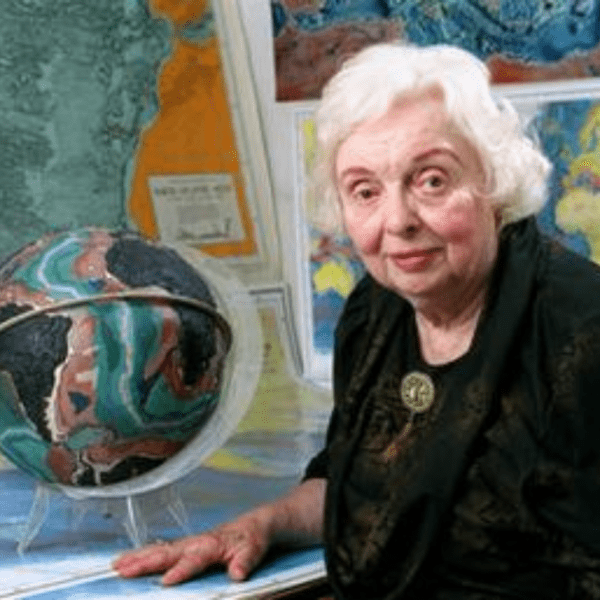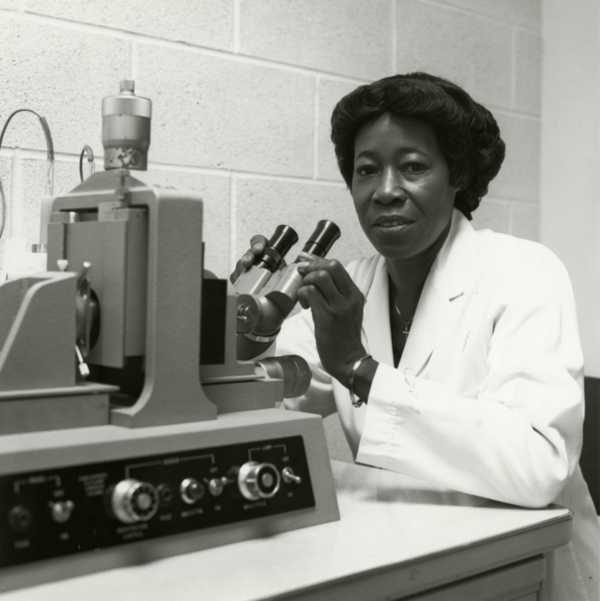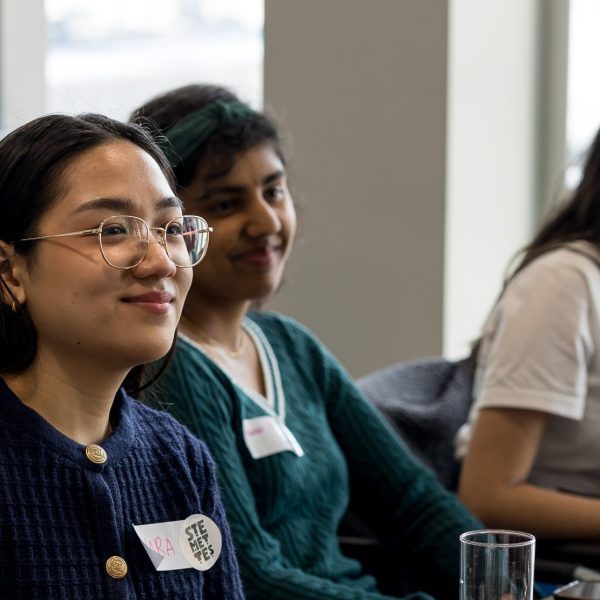Early Life
Evelyn grew up in Washington D.C. with her mother and aunt. Her mother and aunt worked as examiners for the U.S. Bureau of Engraving and Printing. This meant that her aunt had enough money to help her enter college! With this money, a scholarship from a sorority for black women and encouragement from teachers, she went off to Smith College.
Education
She graduated from Smith College in 1945 with a degree in mathematics and physics. During her degree, she developed an interest in astronomy. But, she decided against it, because of the solitude of the role at the time. She enjoyed her time at university and gained a PhD in mathematics from Yale University 4 years later. This made her the second African American woman to receive a PhD in Mathematics!
Career
In 1950, she accepted the position of Associate Professor of Mathematics at Fisk University. During her time as a teacher, she taught Vivienne Malone Mayes and Etta Zuber Falconer. These women became the 7th and 11th African American women to receive PhDs in Mathematics!
After 2 years of teaching, she changed roles. She then went to work for the Diamond Ordnance Fuze Laboratories as an applied mathematician.

In this role, she became a research specialist on many projects, including the Project Mercury space program. She looked at celestial mechanics, trajectories and orbit computation for the Apollo program, too. Her job included making “real-time” calculations during satellite launchings. In an interview in 1994, Graville told Loretta Hall…
“That was exciting, as I look back, to be a part of the space programs–a very small part–at the very beginning of U.S. involvement,”
– buffalo.edu
Granville applied for a teaching position at California State University in Los Angeles. She happily reentered the teaching profession, which she found enjoyable and rewarding. She was disappointed in the mathematics preparedness of her students, however, and she began working to improve mathematics education at all levels. She taught an elementary school supplemental mathematics program in 1968 and 1969 through the State of California Miller Mathematics Improvement Program.
The following year she directed a mathematics enrichment program that provided after-school classes for kindergarten through fifth-grade students, and she taught grades two through five herself.
When asked to summarize her major accomplishments, Granville told Loretta Hall…
“First of all, showing that women can do mathematics. Being an African American woman, letting people know that we have brains too.” – buffalo.edu





